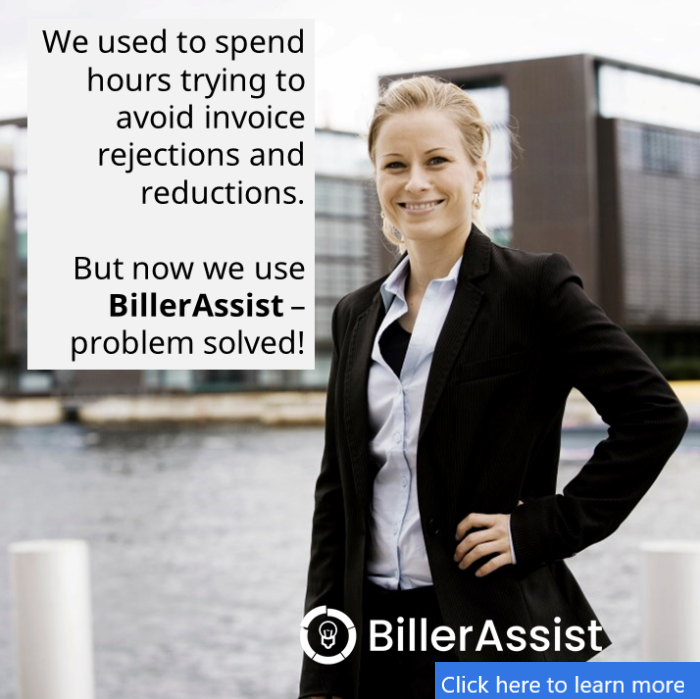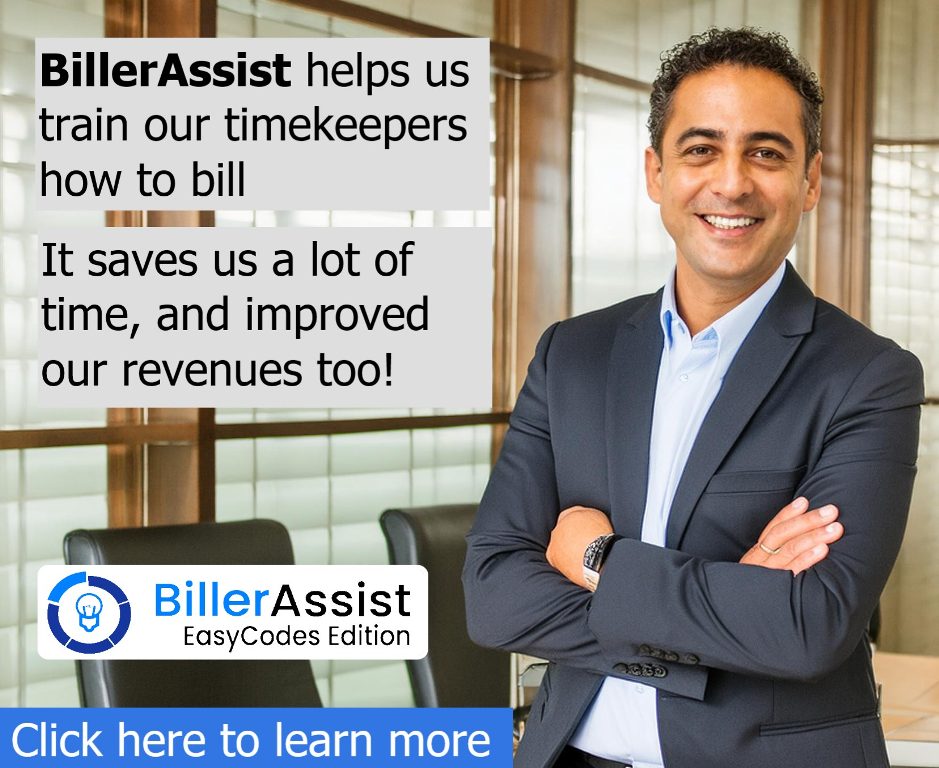The New Competitive Advantage: Automation in the Legal Industry
Fiercely competitive. That is how many would describe the legal industry.
According to a LexisNexis's Business of Law Blog’s study, competition is the “number one barrier to law firm growth.”
Law firms must spend both money and time courting prospective clients. Unfortunately, the time required to pursue new clients frequently comes at the expense of billable hours, further reducing revenue.
Developing an edge that distinguishes your practice can mean the difference between success and failure. Efficiency is that edge to becoming more competitive.
According to a Thomson Reuters Institute report, 74% of the responding law firms reported that time consumed by administrative duties was at least a moderate challenge. While necessary to properly run a firm, management and administrative tasks consume valuable time that could be spent on billable work. Apart from being non-billable, the majority of administrative and managerial work is dreadfully tedious and repetitive making them ideal for automation.
“You have to change the way you work to improve your profit margin,” states a Thomson Reuters article. Lawyers have a solution available to change how they work, relieve administrative pressure, and improve profit margins: automation. The new competitive advantage in the legal field is now the automation of legal tasks such as timekeeping, bill compiling and invoice formatting as the following will address.
Data Entry and Management
“Data entry is perhaps one of the most important aspects of a company’s success,” according to business consulting firm BizFluent. While data entry is remarkably tedious, it is critical to the success of any law firm. It requires a high degree of accuracy and concentration to avoid errors.
When it comes to data entry for a legal practice, errors can have significant and painful consequences. Simple coding errors on an invoice may inadvertently result in non-compliance with formatting standards, which may result in a client’s refusal to pay.
To alleviate this problem, software has been developed that not only removes the tedium of data entry, but also significantly reduces the chance of human error. Because automated tasks are completed much faster, more time can be spent on billable work, thus expanding revenue generating opportunities.
Case Management
Case management is a critical component of any law firm’s operations. It enables lawyers to effectively handle their cases throughout their life cycle. Because case management can be extremely complex requiring meticulous data management, it can feel like a job on top of itself when performed manually.
Utilizing automated case management software can alleviate a significant amount of this organizational stress while preserving and even enhancing relevant insights.
This is especially helpful when managing multiple cases concurrently.
The majority of these automated systems can also significantly simplify the process of sharing pertinent case information. According to Practice Panther, with a solid client relationships management system in place “your team can be more efficient, which in turn makes your clients happier.”
Budgets
Businesses effectively live or die based on their ability to create and adhere to budgets. Like any business, if your law firm does not have a budget, it “runs the danger of being unprepared.” Budgeting is the only way to inventory your financial position and decide how much capital is required to operate. However, as has become a recurring theme, budget balancing and forecasting is a lengthy and tedious process.
Law firms can utilize budget automation software that provide real-time budgeting insights that assist lawyers in tracking, monitoring, and estimating their budgets accurately. This legal automation simplifies yet another time-consuming task, freeing time to attract new clients.
Marketing
Marketing is an important element for any business, but it is especially critical for law firms. Law firms must create and implement strategies for attracting new clients. This can be accomplished by providing useful legal insights on a blog or through other content marketing channels.
Whichever marketing approach is used, the objective is to introduce your business to people who would otherwise not be aware. As per Calin Yablonski, Managing Director of JurisPage, “powerful content can help you build your brand….”
The issue is that effective marketing takes time and money to create and disseminate materials that portray your law firm in the best light possible.
Marketing content must be high-quality and useful. Creating anything just to get your name out there is the wrong approach as making a poor first impression can be worse than making no impression at all.
Fortunately, marketing automation tools can significantly reduce the amount of time and money spent on marketing.
These tools can help your firm more efficiently uncover potential clients and identify higher-quality leads who are more likely to convert into new clients.
Timekeeping and Billing
Billing and timekeeping are the two most important administrative functions that law firms must perform. However, most lawyers struggle to strike a balance between providing the best legal service possible, and tracking their billable hours accurately and producing flawless and compliant invoices.
Due to this imbalance, a backlog of billing entries can turn it into a clerical nightmare. Be that as it may, accurate billing and timely submission of billable hours to clients enables law firms to collect their fees and maintain revenue streams.
Automation software is a cost-effective solution for law firms. By automating the billing process, you can significantly reduce the amount of time spent on these tasks.
Additionally, insights provided by many automated billing applications can be used to assist a law firm with revenue optimization. As many software and applications are compatible with the majority of existing legal billing systems, law firms will have little difficulty integrating them.
Automated billing can shed light on tasks that are taking longer than they should or on which course of action was more successful than another in a similar situation. This valuable data can then be used to improve future efficiency. These benefits are in addition to the time now freed up for more billable tasks.
Conclusion
Gartner predicts that by 2025, law firms will increase their legal technology budgets threefold. This is due in large part to the improved productivity and efficiencies found through automation. Automating business processes is a critical step in future-proofing a law firm's business. More and more businesses, including the legal profession, are adapting to and integrating cloud-based software into their business processes. Automation benefits law firms by facilitating efficient case management, accurate billing, and data entry. All of this results in cost reduction, increased productivity, and ultimately, a significant competitive advantage.




